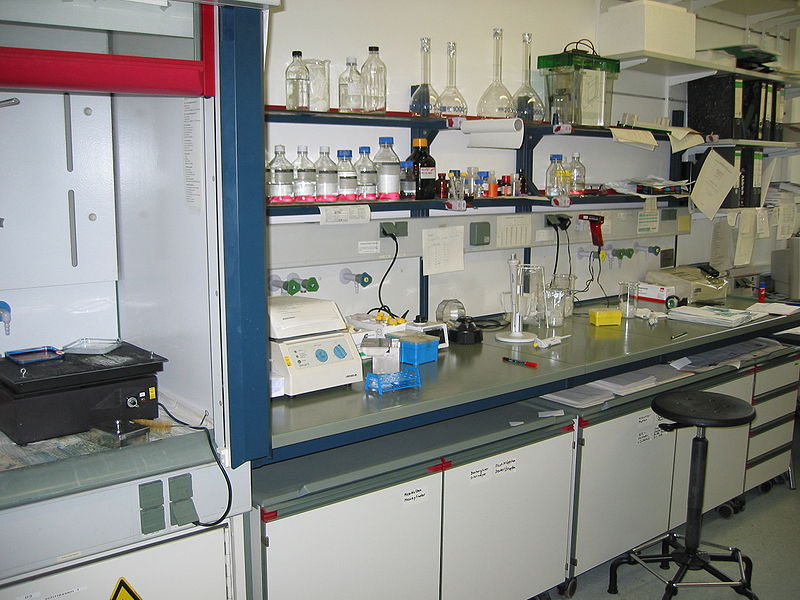Scientists have developed a way to replace harmful and carcinogenic acids and conductive solutions in industry, with ionic liquids that provide a safe alternative

Scientists from the University of Leicester (Leicester) in the UK are leading the development of new ways to replace harmful, toxic and carcinogenic acids and conductive solutions, which are used today in many of the industrial processes for metal finishing and energy storage.
A team of researchers from the Department of Chemistry at the University of Leicester received funding of approximately one million pounds for the development and application of environmentally friendly solvents.
The researchers developed ionic liquid solvents that provide a safe, non-toxic and environmentally friendly alternative to hazardous solutions. These new liquids could be used as an immediate replacement technology and work the same or even better than existing processes.
The lead researcher explains: "One of our goals is to improve the working environment for those working in the manufacturing industry by replacing unpleasant acids or caustic processes with ionic liquids. There is no need for special training for employees to use these liquids, but the advantage of a more pleasant and safer work environment is obvious."
The funding is intended to promote projects aimed at the development of new technologies of liquid-ionic solvent that will replace the metal finishing processes in the future and will be awarded to three new main projects:
1. The POLYZION project, which is designed to develop a rechargeable battery that is environmentally friendly and economical enough for electric vehicle applications. Its purpose is to produce a battery that is light-weight, cheaper and more available than those that exist today which are heavy, expensive and harmful to the environment if they are damaged;
2. The RECONIF project, which uses environmentally friendly ionic liquid solvents for the extraction of metals from solid waste, instead of solutions of strong acids or bases. The project will focus on extracting heavy metals from discarded household batteries;
3. The ASPIS project, which began at the beginning of 2010 and aims to develop a new technology for treating the surfaces of printed circuits found in many electrical devices. The current commercial processes are problematic and too expensive, and the aim of the project is to provide a cheaper and safer alternative for them.
One of the researchers involved in the project adds: "The funding we received will advance certain promising key features. These features that we will open are in the areas of innovative batteries and innovative surface finishing for printed circuits."
